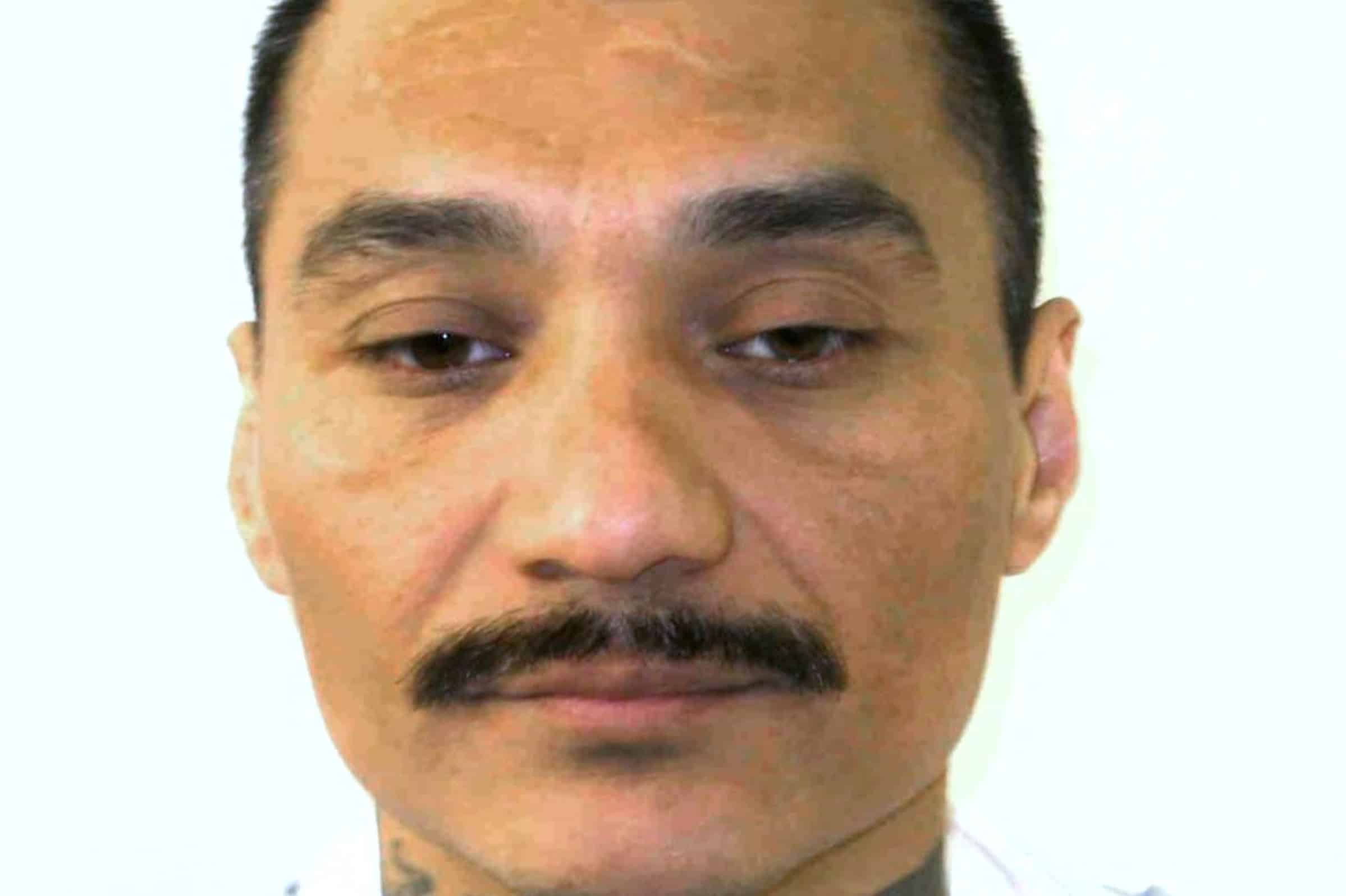However, with the clock ticking, it remained to be seen if the execution would proceed as planned at 9 p.m. after lawyers for the El Salvador native said they had filed an appeal.
Prieto has been convicted or linked by evidence to nine killings, the Washington Post reported, including the 1988 shootings of Rachael Raver and Warren Fulton III on the outskirts of the U.S. capital.
Authorities say they believe he also raped four of his victims, including a 15-year-old girl in California, where he was arrested in 1990, according to the newspaper.
Prieto’s execution was temporarily put on hold by a U.S. District Court judge in Alexandria, Virginia, after his lawyers challenged the planned use of one of three drugs to be included in the lethal injection.
The case was moved to Richmond, the capital of Virginia, where U.S. District Judge Henry Hudson lifted the hold after convening a hearing in the early afternoon.
“At this point, the state and the victims of crime can expect the moral judgment of the state to be carried out without delay,” Hudson wrote in the opinion issued several hours later.
“This is not an instance where there are any questions as to innocence or sufficiency of due process of an individual set to be executed,” he added.
Shortly before Hudson’s ruling, the Supreme Court denied an application for stay of execution.
However, it was not immediately clear if the execution would take place Thursday night, with Prieto’s lawyers saying they were appealing Hudson’s decision with the 4th Circuit Court of Appeals and possibly also taking their drug concerns to the Supreme Court.
Problem with pentobarbital?
Prieto’s attorneys — with the Virginia Capital Representation Resource Center — had filed a lawsuit seeking to temporarily postpone his execution in order to obtain details about the use of compounded pentobarbital that it said the state of recently received from the state of Texas.
“The lawsuit argues that use of the purported pentobarbital imposes an exceptional and entirely unnecessary risk of a cruel and painful execution,” the lawyers said.
The lawyers say the pentobarbital comes from an “unknown compounding pharmacy and therefore has not been assessed for quality or authenticity by the” U.S. Food and Drug Administration.
In his opinion, however, Hudson said the pentobarbital supplied by the Texas Department of Criminal Justice (TDCJ) was compounded by a licensed pharmacy.
He added that, “although Prieto posits a list of potential hazards in using compounded pentobarbital supplied by the TDCJ, he fails to make any showing, much less a clear showing, the the donated drugs pose ‘an objectively intolerable risk of harm.'”
U.S. states using the death penalty have faced crises over shortages of lethal injection drugs after European suppliers stopped supplying pentobarbital for use in executions. The shortages have prompted prison departments in the states that still allow the death penalty to seek new supply sources or new drug protocols.
Appeal to governor
With just hours to go before the execution, Prieto’s lawyer Rob Lee appealed to Virginia Governor Terry McAuliffe, a Democrat, to intervene, urging his office to follow the lead of his Oklahoma counterpart who issued a last-minute 37-day stay of execution Wednesday amid questions over one of the lethal injection drugs.
Republican Governor Mary Fallin said the state needed time to address questions about the use of potassium acetate as a substitute in the three-drug lethal injection cocktail and ensure it complies with court-approved protocols.
The United States remains the only Western country to maintain the death penalty and has carried out 21 executions so far this year.
Recommended: Costa Rica seeks clemency for Terence Valentine, on death row for brutal Florida murder






